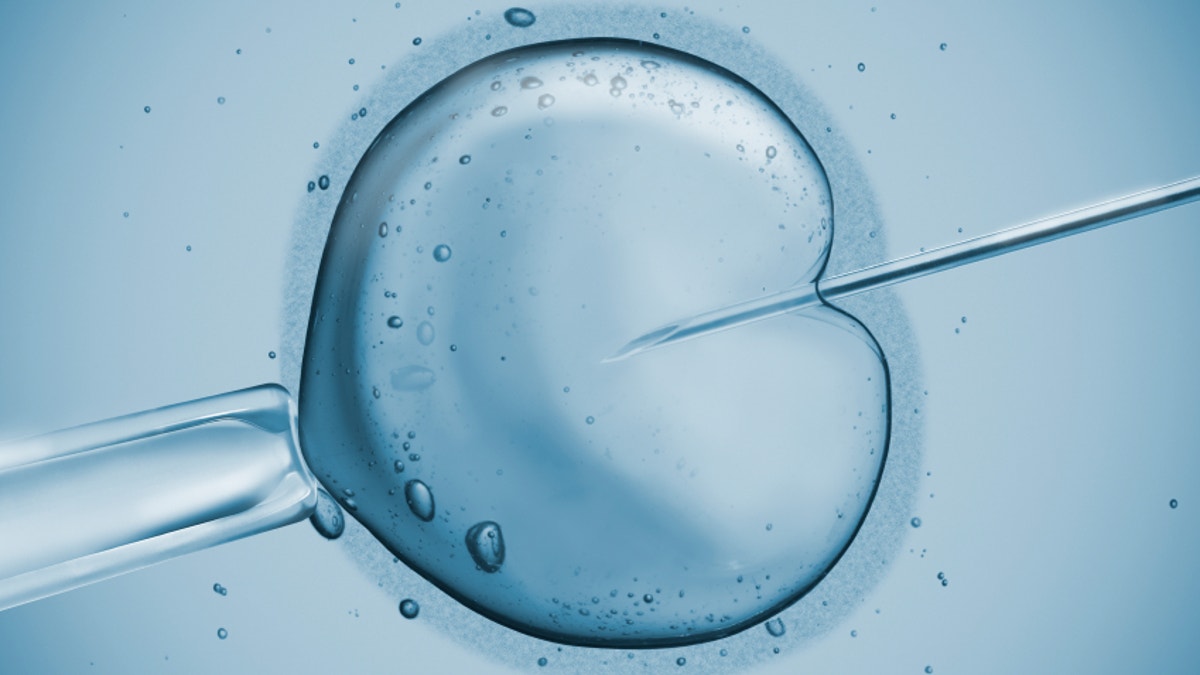
IVF treatment.
Infants conceived through in vitro fertilization – a method of fertilizing an egg with a sperm outside the body – have an increased risk of being born with a birth defect, HealthDay News reported.
Researchers from the Mattel Children’s Hospital at UCLA analyzed hospital admission records of 51,000 babies born in California between 2006 and 2007. Also examining other vital statistics such as prenatal information and following the child’s medical history through the first year of life, the scientists found that 3,500 babies suffered from significant congenital malformations. About 4,800 of the 51,000 had been conceived through IVF treatments.
“Naturally conceived infants in the control arm of our study had a 6.6 percent baseline rate of major birth defects, while infants born after IVF had a 9 percent rate," study researcher Dr. Lorraine Kelley-Quon, a general surgery resident at Ronald Reagan UCLA Medical Center, told HealthDay News.
According to Kelley-Quon, there is only a 3 percent rate of birth defects for the general population. Researchers tracked three kinds of abnormalities in the study. Eye problems occurred 0.3 percent in IVF infants as opposed to 0.2 percent in children naturally conceived; heart defects were found in 5 percent of IVF babies vs. 3 percent of those naturally conceived; and genital/urinary systems problems occurred in 1.5 percent of the IVF group, compared to 1 percent of the control.
"This translated to an odds ratio of 1.25, meaning there was a 25 percent increased risk of birth defects for infants born after IVF, compared to naturally conceived infants with similar baseline maternal and infant characteristics," Kelley-Quon told HealthDay news.
While numerous studies have looked at this relationship, the researchers said that more work needs to be done to better understand why IVF may increase this risk – if it does at all. Kelley-Quon noted that parents should be informed, but the research isn’t meant to discourage them from seeking IVF treatment in order to conceive.
"They should be reassured that there are tens of thousands of infants born each year after IVF who are perfectly healthy," Kelley-Quon told HealthDay news. "The purpose of our research was to highlight an interesting association between IVF and birth defects. Our results do not prove that IVF causes birth defects."
